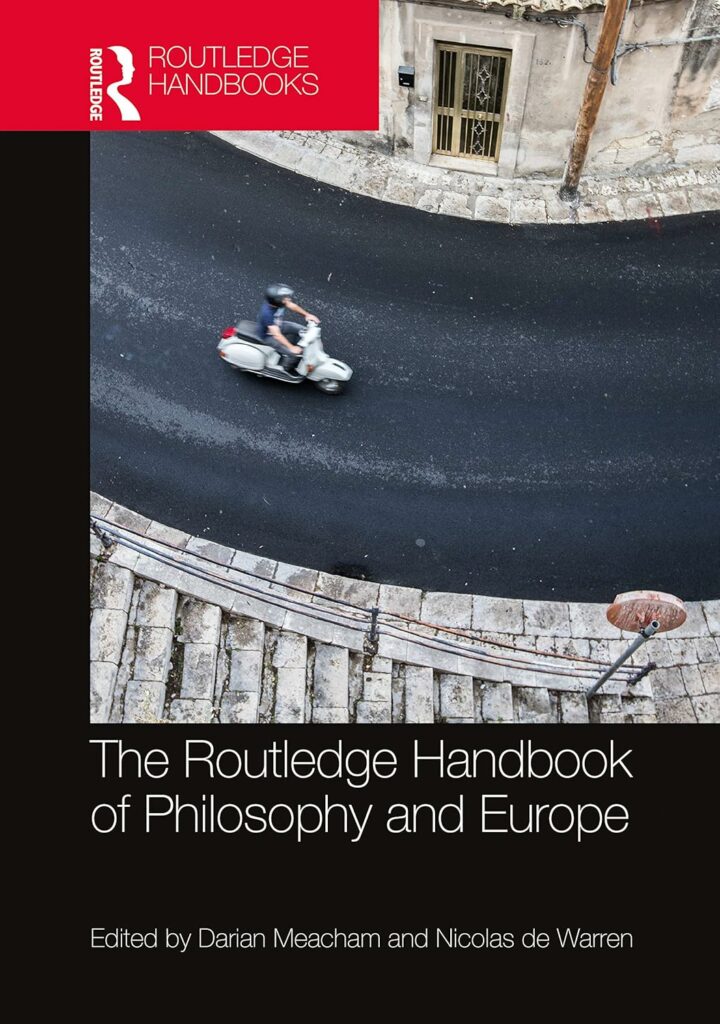Cosmopolitanism: from Kant towards Legitimacy and Democracy
chapter 14 in Handbook of Europe and Philosophy
Abstract
Understood historically, culturally, politically, geographically, or philosophically, the idea of Europe and notion of European identity conjure up as much controversy as consensus. The mapping of the relation between ideas of Europe and their philosophical articulation and contestation has never benefitted from clear boundaries, and if it is to retain its relevance to the challenges now facing the world, it must become an evolving conceptual landscape of critical reflection.
The Routledge Handbook of Philosophy and Europe provides an outstanding reference work for the exploration of Europe in its manifold conceptions, narratives, institutions, and values. Comprising twenty-seven chapters by a group of international contributors, the Handbook is divided into three parts:
Essential reading for students and researchers in philosophy, politics, and European studies, the Handbook will also be of interest to those in related disciplines such as sociology, religion, and European history and history of ideas.
- Europe of the philosophers
- Concepts and controversies
- Debates and horizons.
Essential reading for students and researchers in philosophy, politics, and European studies, the Handbook will also be of interest to those in related disciplines such as sociology, religion, and European history and history of ideas.

More Information
Author: Anastasia Marinopoulou
Book: The Routledge Handbook of Philosophy of Europe
Editors: Darian Meacham, Nicolas de Warren
Edition: 1st
ISBN-10: 1138921688
ISBN-13: 978-1138921689
eBook ISBN: 9781315686233
Publisher: Routledge
Published: 2021
More information: Routledge Taylor & Francis Group website